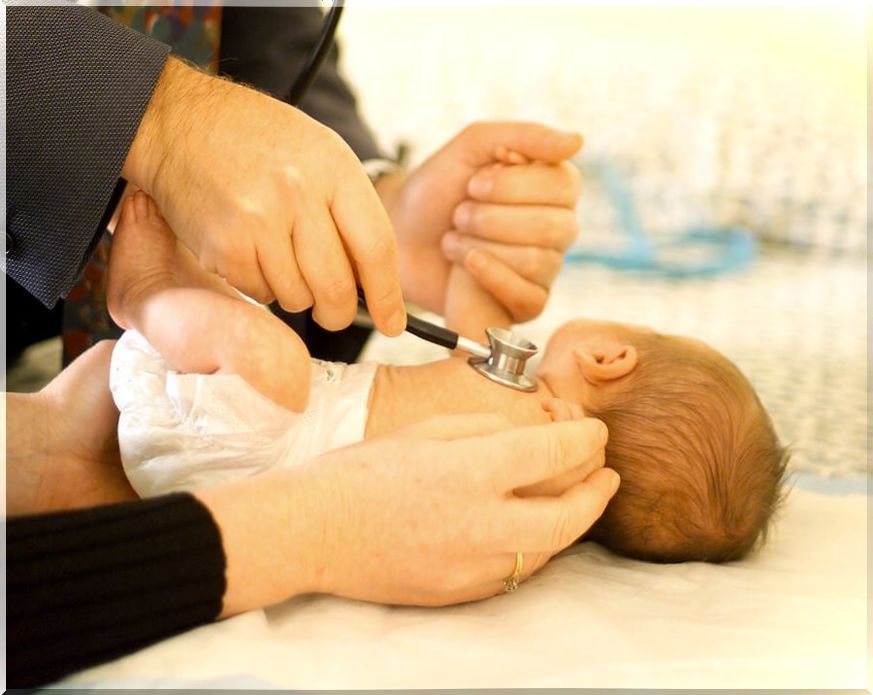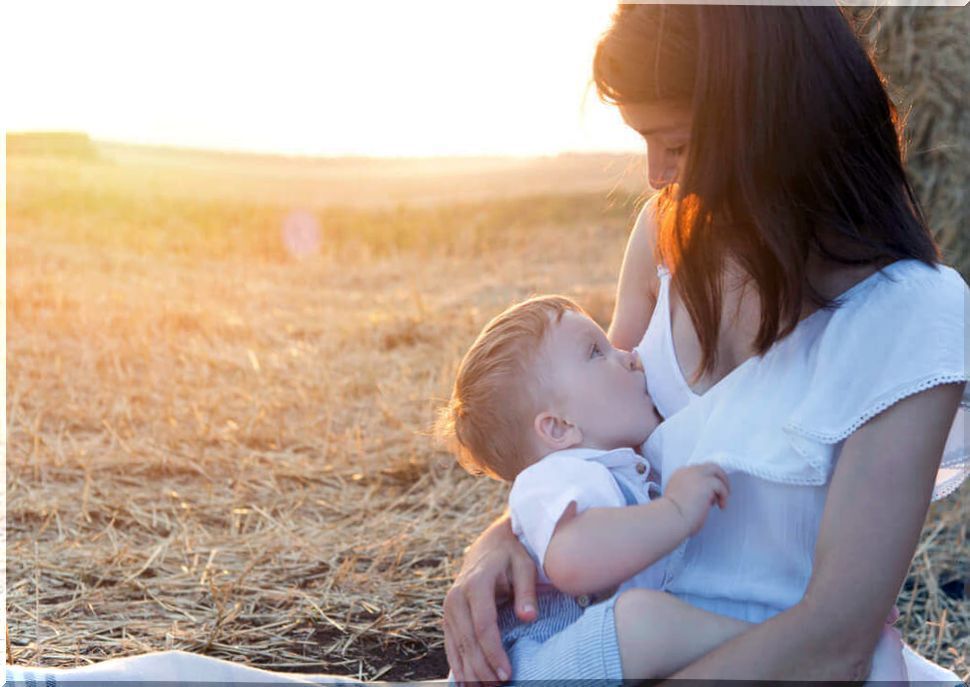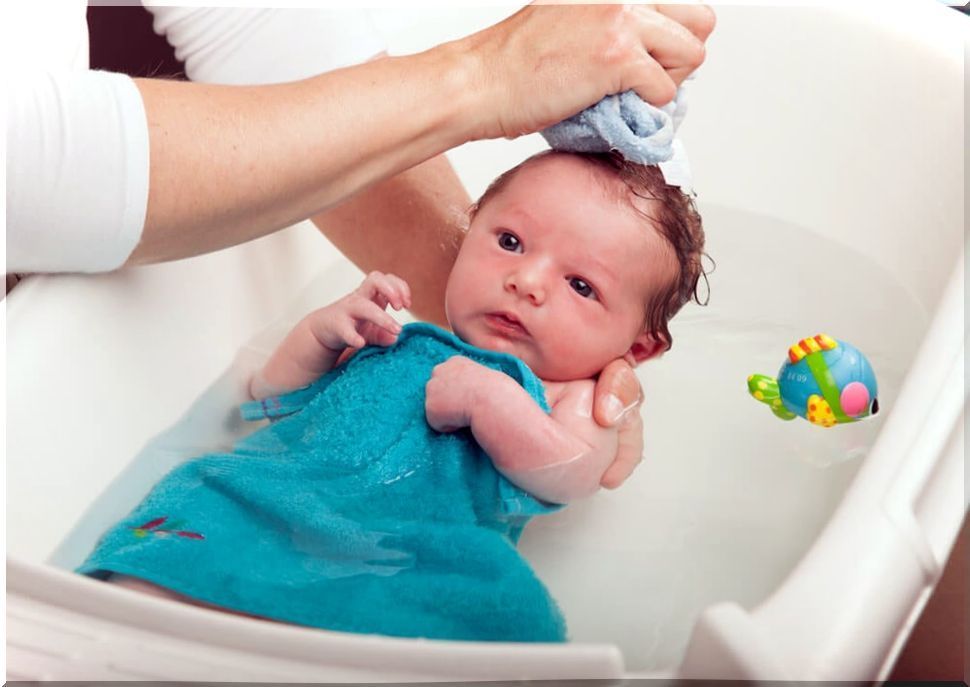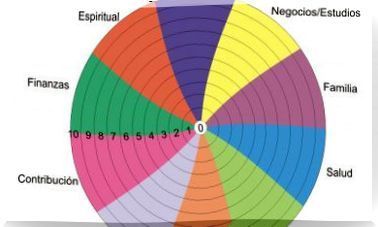7 Care A Premature Baby Needs
Premature babies are so small that they appear more fragile than other newborns. However, with ideal care, you need not fear for their health.

A premature baby is one that is born before 37 weeks of gestation. There are many factors that influence having an early delivery. It is estimated that one in 10 deliveries are premature, and although they carry some risk for the baby, good medical care helps with a high success rate in their recovery.
It is for this reason that premature infants tend to spend more time in observation than a normal baby. Before being discharged, the doctor must ensure that they meet a series of conditions, such as that they have the ability to regulate their body temperature and weigh around 2 kg.
Once the specialist has checked that everything is in order, the child can go home. Generally, these little ones are discharged between 37 and 40 weeks of gestational age and weigh between 1.8 and 2.3 kg, depending on the type of pathology diagnosed in the baby.
Causes of preterm labor
The main causes of premature labor
- History of surgery on the cervix.
- Multiple pregnancy.
- Maternity after 35 years.
- Excess amniotic fluid.
- Mother’s arterial hypertension.
- Infections
In principle, a premature baby can develop the same as a full-term baby. Especially if at birth he weighed more than one kilogram. However, once they get home, these children require specific care and strict medical monitoring, especially during the first year of life.
What care should we give to a premature baby?

Most parents fear leaving the hospital with a premature baby. However, it is necessary to take into account that if the doctor has discharged you it is because the child is in good health, which means that your baby:
- You do not have apneas, or they are too mild to have treatment.
- It is able to self-regulate its body temperature.
- It is the right weight.
- It is able to suck and digest properly.
- You can breathe on your own and you don’t need to be hooked up to an oxygen machine.
Parents are responsible for providing the maximum amount of care, affection, and care for their baby from the time they leave the hospital. The protections are the same that would be given to a child born at term, but adjusted to his corrected age.
1. Breastfeeding for a premature baby
Breast milk is adapted to the needs of each child. In such a way, that the milk produced by the mother of a premature baby is different in some nutritional aspects with respect to the milk of another woman.
In addition, its nutritional composition is also special. It contains more protein, sodium, iron, and chlorine than ordinary breast milk.
The best thing for the little one is to receive the milk directly from the mother’s breast. But if this is not possible, you can draw feedings and use a tube or syringe.
Colostrum provides your little one with key nutrients. These supplies will help your child adjust to the new world that they have arrived in earlier than expected:
- IgA immunoglobulin.
- Lysozyme.
- Lactoferrin.
- Macrophages
- Lymphocytes
- Neutrophils.
- Proteins.
- Sodium.
2. Hygiene is essential

The hygiene of a premature baby is crucial to protect it from any external agents that may affect its health. A child with these characteristics may have greater difficulty adapting to the outside environment because their weight is less than that of a full-term baby. Also, some of its organs are not fully mature.
- It is essential in a premature baby to change the diaper up to seven times a day, even if it has not been stained. This is advisable to do both at home and if you are still in the incubator.
- Your clothes must be clean and sanitized. In addition, it must be easy to use, in other words, it must be simple to put on and take off.
- Before loading it, and even touching it, it is necessary to wash and disinfect your hands very well.
- Pets should be kept away from the baby. This prevents the spread of germs.
3. Clothing and environment must be appropriate
A premature baby’s room should receive natural light. In addition, to have good ventilation and maintain a comfortable temperature, around 20 degrees Celsius, with a certain degree of humidity.
The crib should not have pillows or stuffed animals and the bars should be at least 6 centimeters apart, so that the baby can sleep on his back and there is no danger of falling.
Clothing must be disinfected, clean and stored in such a way that it does not come into contact with dust particles or excess moisture. Likewise, it is recommended that the child wear clothing that is easy to put on and take off.
4. Encourage your baby’s sleep
A premature baby sleeps much more than a full-term baby, but in shorter time intervals, that is, he wakes up more often. Also, their sleep pattern is more immature, so their deep sleep stages last less and light sleep stages are longer.
Premature babies usually sleep about 15 to 20 hours a day. While they sleep, it is completely common for them to move around a lot and whine. This is because the premature baby’s nervous system is more unstable and requires a lot of reassurance.
Therefore, it is important that you sleep the hours recommended by your pediatrician. To achieve this, it is necessary to establish routines so that he learns to sleep. If the doctor does not indicate otherwise, you should sleep on your back. Your crib should be smaller, as this will make you feel more protected and comfortable.
5. Dose visits to your baby
Depending on how small or fragile the baby is, it is necessary to restrict visits for a time. A premature baby, who has been hospitalized, needs a quarantine period without visits. Also, if your baby was very low birth weight, you should probably avoid visits for a year or more.
Although limiting visits can be difficult, because people want to meet the new family member, it is important to protect the baby and avoid exposure to germs and bacteria.
Someone with a common cold can pose a risk to a child who has been recovering from lung disease. The noise, movements and manipulation of the baby can be stressful for the little one and upset his nervous system.
6. Greater attention and daily vigilance
Parents of a premature baby should be more alert than those with full-term babies. Mainly because most of its organs are not fully developed. Most premature babies tend to suffer from breathing difficulties, so it is key to be aware of the way the baby breathes.
When the baby’s nostrils flare when he breathes, he takes his breath more than 50 times a minute or starts to turn blue, it is a clear sign that the little one is not breathing well and should be taken to the doctor as soon as possible.
Also, ear infections are common as your immune system is not fully developed. If the infection is not very severe, ear drops and acetaminophen may be applied for a fever. However, it is necessary to consult the doctor first.
It is also important that premature babies are seated slightly upright while drinking milk. Otherwise, breast milk can leak into the ears and cause an infection.
7. Consult the doctor in case of any eventuality

If you have a premature baby at home, it is normal for any symptoms to be cause for alarm. But don’t worry, remember that you can always ask your doctor what to do if you notice any strange signs in your baby. Symptoms that may be reasons to call your doctor include the following:
- Cry excessively.
- Refuse or eat little.
- When sleeping he makes many more movements than usual and when he wakes up, he is irritable.
- He coughs a lot.
- Accelerated breathing and visible chest movements.
- Shows visible signs of dehydration.
- You have seizures.
- Reduce the number of wet diapers.
- You have frequent or liquid stools.
- You have a fever for three days in a row.
- If your corrected age is less than six months and your fever is greater than 37 °.
- He has a fever over 39ºC without an obvious cause of infection.
- You have pale or bluish skin.
- Unable to wake up from sleep.
Conclusions
Premature babies are smaller and more fragile than full-term babies. Therefore, they require more care and attention from their parents. Mainly because their immune systems are not fully developed and they are more prone to infections.
It is important that the parents of these children develop in a calm environment, full of peace and free of bacteria. To do this, the people around him must disinfect their hands properly before approaching the little one.
Also, the baby’s room should be free of dust, maintain a warm temperature and avoid placing overly stimulating lights that can stress the baby.
Finally, it is important to note that premature children tend to develop normally. Taking into account their corrected age, in this list you will find what your premature baby can do while developing:
- At two months he smiles, he is able to follow his gaze, raise his head and move it when he is on his stomach.
- At six months, the child grabs objects. He also raises his head and trunk with his arms outstretched when he is on his stomach.
- At nine, he is able to put his hands together and pass objects from one to another. Also, he turns around on his own and babbles.
- By one year, he gets up and stands unaided for at least five seconds.









